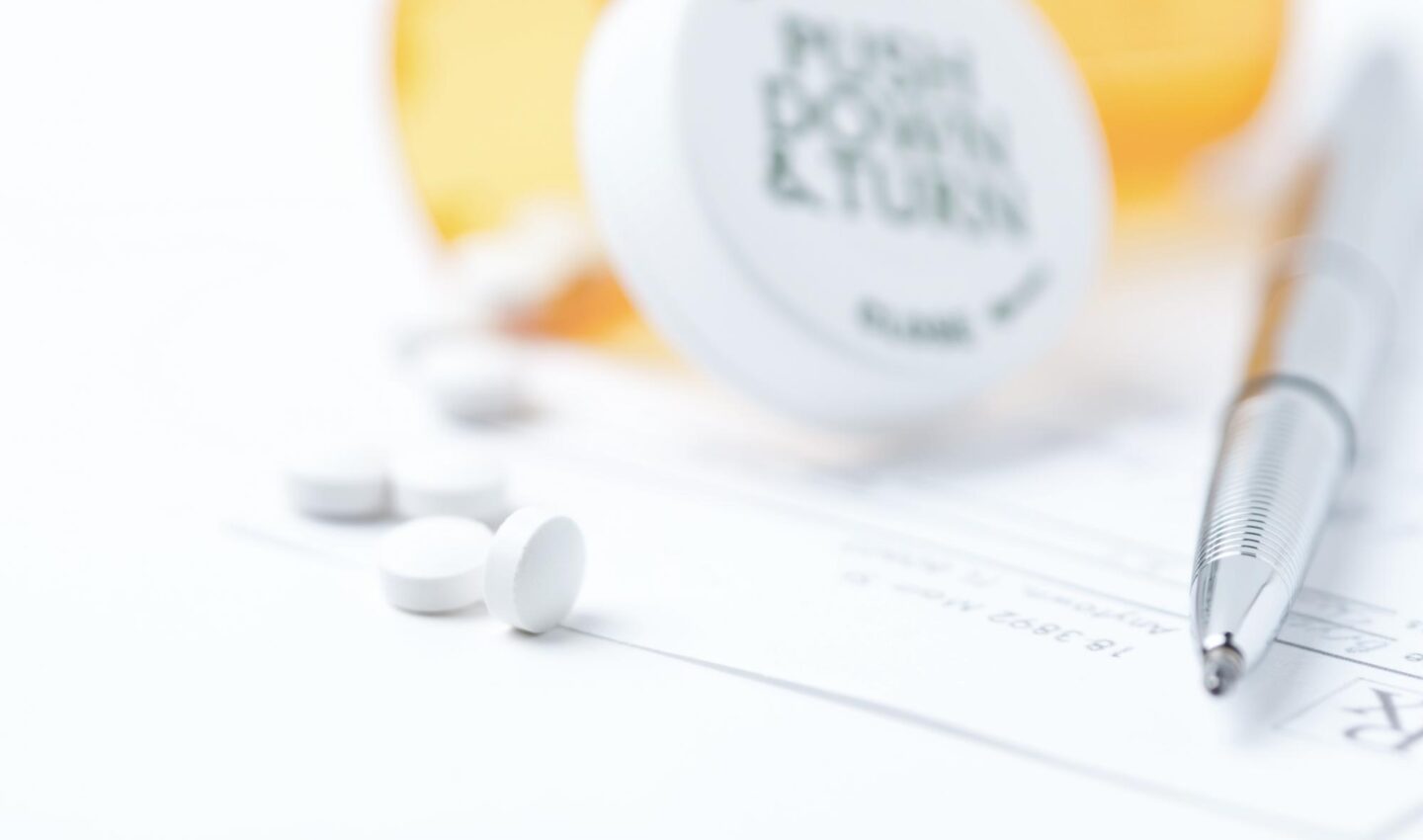Keeping doses of opioid pain medications to their lowest effective levels – not costly reformulations that make the pills harder to crush and snort – may be more effective overall in curbing abuse of the powerful painkillers, says Tyson Thompson, PharmD, of UMass Medical School’s Clinical Pharmacy Services.
The three major goals of any opioid management program should be to contain costs where possible, ensure that a patient’s pain is adequately treated, and improve outcomes, Thompson says.
“We do manage costly opioid formulations, but I would say the broader focus is going to be on patient safety with a high risk medication class like the opioids,” said Thompson, a clinical consultant pharmacist who works with state agencies and Medicaid programs to develop best practices in opioid management.
A month’s supply of one brand name abuse-deterrent opioid can cost $268 compared to $38 for a standard, generic version, a recent report by the Center for Public Integrity finds. While the higher cost pills are designed to make them hard to dissolve or crush, they can still be addictive even when used as directed, critics say. Thompson says such formulations should be used when it’s in the best interest of a patient.
“Keeping doses of opioids to the lowest effective dose in most cases will contain costs to a degree, but the primary focus at UMass is more to make sure that pain is adequately treated and opioids are used as safe and effectively as possible,” Thompson said.
Thompson is a member of the Opioid Therapeutic Class Management Workgroup for MassHealth, an opioid management program developed by UMass Medical School for the Massachusetts Medicaid program. The initiative has led to a drop in the overall use of opioid-based medications, including a reduction in average daily doses and a decline in total drug costs.


